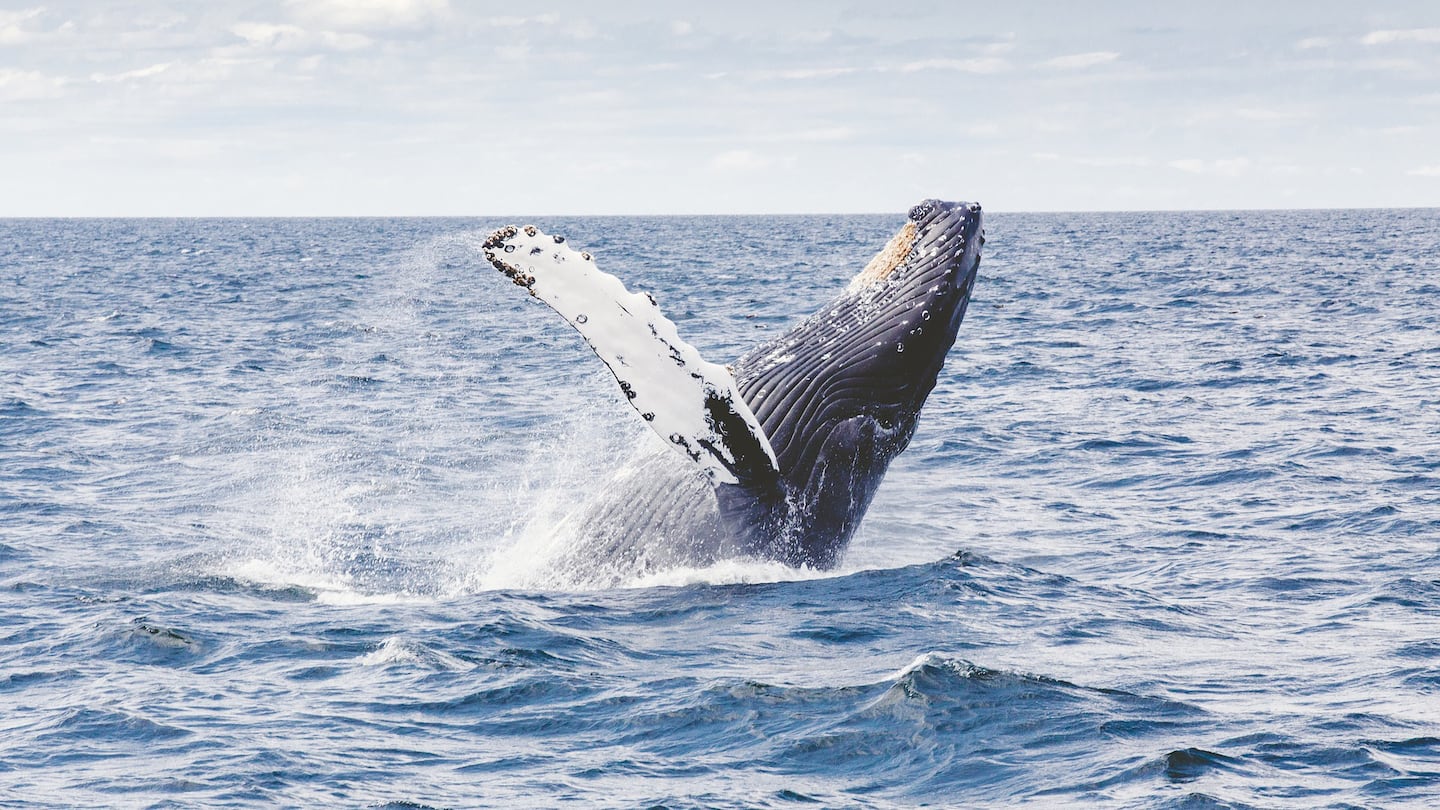Conservation International Aotearoa vice-president Mere Takoko is fresh off a flight from the US and getting stuck right into important mahi (work).
“It’s not all glamorous travelling around the world but it’s a must.”
Takoko has been flat-out, working on her organisation’s aim of getting the UN to sign up to a blue economy pledge since she arrived back in Aotearoa.
She had been at the UN where last week a call to action was presented at the UN Climate Week 2023 event last week for the protection of ngā tohorā (whales) in international waters.
The focus of this year’s theme for the UN’s Climate Week NYC 2023 is “We can. We will.”
She is pleased with the work that has been put into ensure the legal protection of tohorā (whales) globally.
Supported by Nanaia and iwi
“I am very happy with our efforts at the UN, where we called for the legal personhood and protection of whales worldwide,” Takoko says.
Foreign Affairs Minister Nanaia Mahuta, Kingitanga, and iwi supporters of the Hinemoana Halo Ocean Initiative were in support of Takoko’s trip to the Big Apple.
“Freshly back here at the office, it’s approximately 6:30am and I am going to be frantically catching up with lots of paperwork and other things today, like the board meeting for Halo and our flagship project.”
The Hinemoana Halo Ocean Initiative, launched by Conservation International Aotearoa, aims to approach climate change through its leadership partnership with Māori tribes.
Hinemoana derives its name from the Māori ocean goddess; the Conservation International Blue Halo model was launched last year at the G20 Summit.
Blue economy focus
“We are focused on our pledge to raise $100 million to help with tropical rewilding efforts,” Takoko says.
The climate pledge was put forward in support of financial economist and co-founder of Rebalance Earth Dr Ralph Chami’s conservation ambitions.
Rebalance Earth’s climate conservation principles have a strong focus on the blue economy, which is solely ocean-related climate conservation.
Chami opened a TEDx Talks: If Nature Could Speak, If Humans Could Listen earlier this year, saying: “If nature could speak, it would say ’I’ve been looking after you since the beginning of time. I’ve given you water; I’ve given you oxygen; and I’ve given you the soil to grow your food.
“‘I even regulate the climate, capturing all that carbon dioxide from the atmosphere so you can have a good life. You probably know about my forest and my trees; they too grab a lot of carbon dioxide. But do you also know about my animals? My animals also grab a lot of carbon dioxide from the atmosphere. All of that activity enhances carbon removal in the trees by between seven and fourteen per cent’.”
2.2 million square kilometres to protect
Takoko sees the importance of this initiative, not only for Aotearoa’s waters but also for the wider indigenous Pasifika moana.
“In the Polynesian triangle, a huge target for protection is the 2.2 million square kilometres we have that we’d like to bring into protection, which includes bringing in other indigenous customary and marine protections across Polynesia.”
She is hopeful and thinks the initiative has gained attention.
“Things are gaining momentum,” Takoko says.
She asks for support from Aotearoa New Zealand and wider Te-Moana-Nui-a-Kiwa to sign the petition supporting this important kaupapa.
For further information on the Hinemoana Halo Ocean, links are here and here.



